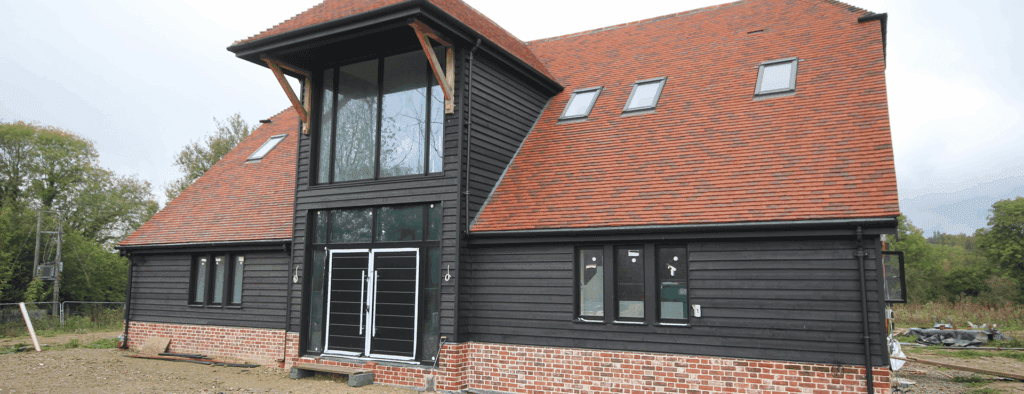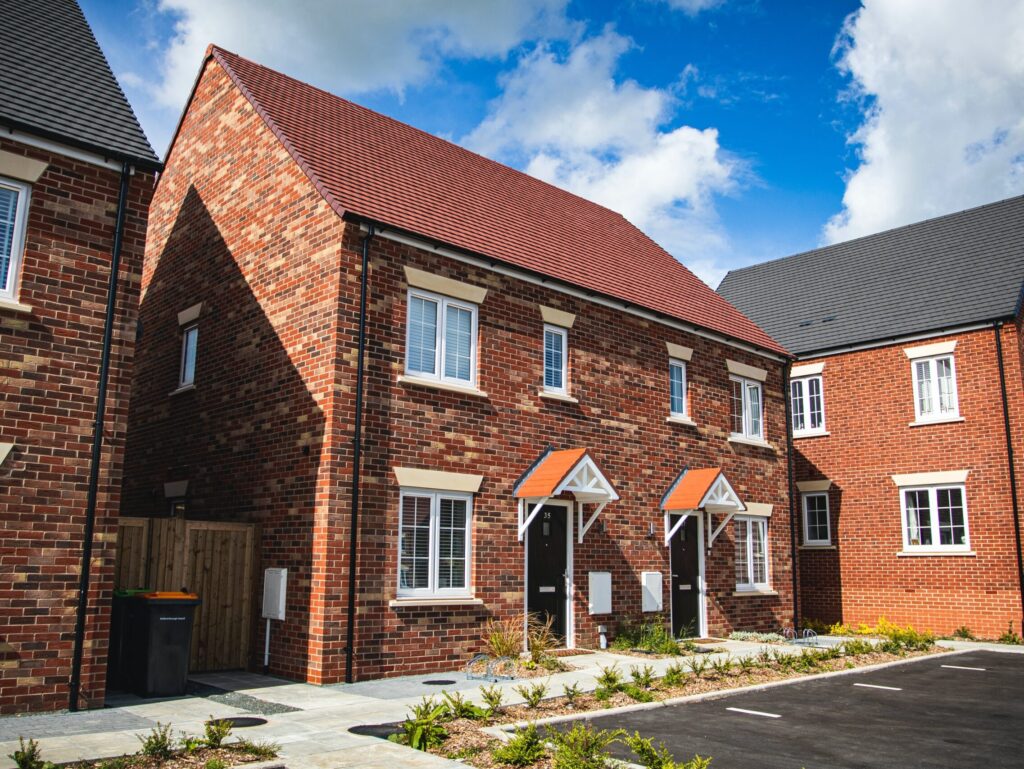Head of Policy and Market Insights at the National Federation of Builders, Rico Wojtulewicz, explains how the NFB helps those working in the construction industry
What sparked your interest in construction and led you to your role with NFB?
With only my dad working full time, my parents decided that for extra income our family homes would be rife for renovation or extension, so we could make a bit of money when selling. I consequently moved house 17 times before I went to University. This meant I had some decent construction experience from an early age.
However, after I got my social policy degree and had jobs in welfare support, mental health, anti-social behaviour, political campaigning, education, the NHS and finally, trying to save a leisure centre in Birmingham called the Aston Arena, I realised that the planning process was a major barrier to most growth and people really didn’t understand why, or the impact on, or value of construction.
In 2014, I applied for a job at the NFB, hoping I could improve the debate around planning and construction, and literally ran around the garden when they offered me the role.
What is the NFB and how does it help UK house builders?
The NFB is a trade federation which represents the wider construction sector across the UK, though currently lighter touch in Northern Ireland and Scotland. As well as housebuilders, we represent major contractors, regional construction businesses, the heritage sector and civils businesses. Basically, anyone in construction who might find value from our professional, strategic and supporting offerings.
We’re member led, so as well as being led by members’ interests, membership services and policy assist members with businesses issues and prepare them for what regulation they need to be aware of, for example, the Future Homes Standard.
As regulation can craft or remove opportunity, we also lobby for policy changes. For example, Paragraph 69 in the National Planning Policy Framework (NPPF), which aims to support smaller sites, is my work.
What are the current challenges that UK house builders are experiencing?
Higher mortgage rates have slowed sales but most importantly is the broken planning process and I don’t just mean planning departments and underfunding but permission uncertainty, anti-SME land allocations, slow statutory consultees, costly service connections, a lack of local plans, ever changing planning policies and planning politics.
Obviously, a lack of skilled workers and access to finance are two other major challenges but these are again impacted by planning. Small and medium sized businesses train 7 in 10 construction apprentices and make up 90% of training capacity, yet SMEs only build around 9% of homes. SMEs need pipeline certainty and planning opportunity, otherwise we will always see a lack of skilled workers, fewer companies to build tenure variety, lower market competition and fewer companies pushing innovation.
On finance, it can’t be drawn down unless you have planning permission and neither the Government nor banks lend to get planning, because they both know how uncertain it is.
How does the NFB help members to overcome challenges?
We’re a professional organisation, so we want companies to grow and be best in class. Members work together to grow, pass on innovative ideas and share pipelines, plus get into the nuance of problems so that our policy team can lobby central and even local government for changes.
As recent examples, we fought hardest for industry to remain operational during Covid lockdowns, are lobbying on CITB reforms and were part of three organisations which convinced the Government to go for the successful stamp duty holiday.
How important is training and what does the NFB do in this sense?
Training is vital and although we provide targeted training to members when they request it, industry pays billions in training and apprenticeship levies, so we know our role is to ensure the Construction Industry Training Board (CITB) spends all the money they receive from industry, and wisely too.
This means ensuring we advance industry, rather than focusing too heavily on reinforcing basic knowledge or non-building related courses. As an example, we have a focus on the Future Homes Standard because heat pumps will increasingly be the ‘go to’ heating technology and while heat pump installation isn’t in CITB’s scope and heating is typically subcontracted, understanding how to design a home to best accommodate heat pumps is in CITB’s scope, so we are helping put that course together.
What is the HBA and how does it help house builders?
Originally set up by housing policy guru Roger Humber, as he felt SME housebuilders were not being represented suitably, the House Builders Association (HBA) is the housing group of the NFB and helps members with any issue they throw at us, as well as posing them challenges so we’re always pushing forward.
We’re not SME exclusive but recognise that SMEs offer something unique to the nation because they operate in every region, build proportionately more affordable housing than big builders, build the best homes and are first to meet new regulations but most impacted by policy failure. It is clear that if the environment for SMEs is fair, it will also be fair for the entire sector.
Why would you recommend becoming a member of NFB?
Staff at the NFB might get paid by the NFB but we know we work for our members. We’re a membership led organisaton who wants its members to grow and be the best in class.
We offer advice lines, training, insurance, business services and industry recognition, such as our ‘Heritage Approved Contractor Mark’ and with various groups, such as Heritage, HBA and Major Contractors Group (MCG), members can learn about new sectors and take on new works. We believe this sets us apart from other trade federations and not only do we want members to use the services on offer, but we actively encourage being challenged, so we represent concerns as early as possible.
What are your predictions for trends and challenges for housing developers/house builders in 2024?
2024 is going to be a considerable challenge for many reasons. Regulatory changes are making projects up to 30% more costly. Borrowing remains expensive. Mortgage rates remain high. And the planning process is getting worse and worse, with Covid-19 backlog impacts now upon us. The Government planning reforms are tweaks, not major changes and any welcomed policies will take 18 months at least to bed in.
In 2024, builders need to get to grips with major regulatory change in Building Regulations such as Part O, Part L and Part F. Biodiversity Net Gain (BNG), which favours big builders because onsite solutions are difficult to deliver on small and less urban sites and so an offsetting tax will be required. And Nutrient Neutrality, as the Government chose not to whip its party to vote for its sensible reforms and so may see site cleanup solutions proposed, as well as offsetting retained.
Read more news and exclusive features in our latest issue here.
Never miss a story… Follow us on:
Showhome
@Your_Show_Home
@Showhomemag
Media Contact
Joseph Clarke
Editor, Showhome
Tel: +44 (0) 1622 823 920
Email: [email protected]












